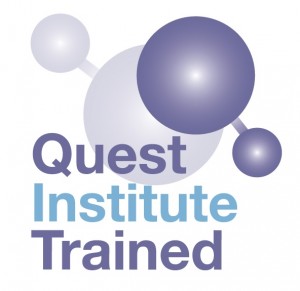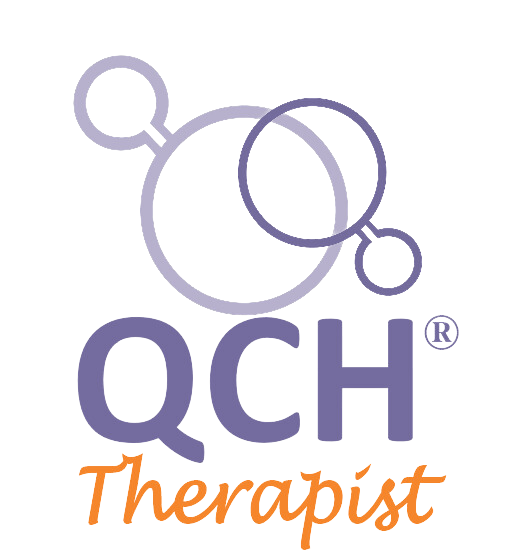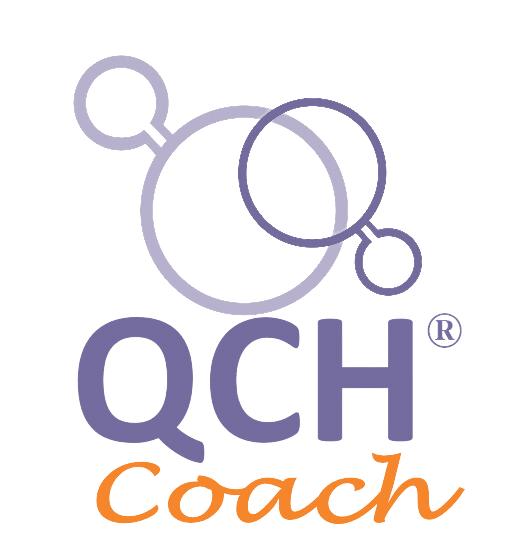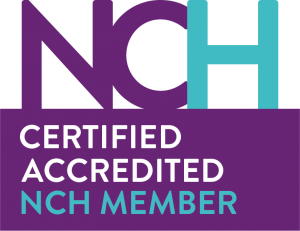
Hello, I'm Natalie Swanson
An experienced Cognitive Hypnotherapist who helps people feel in control, stronger, and free.
Welcome! I am passionate about helping people overcome whatever is holding them back. I have a relaxed, friendly approach, and I aim to put you at ease from the start.
I have a diploma in Cognitive Hypnotherapy (DipCHyp) and an NLP Practitioner Certificate (NLP (Prac)) from the internationally recognized Quest Institute in London where I trained under Trevor Silvester, creator of WordWeaving™.
The diploma course at the Quest Institute is one of the most rigorous courses of hypnotherapy available, requiring students to pass the Hypnotherapy Practitioner Diploma (HPD), an exam accredited jointly by the National Council for Hypnotherapy (NCH) and the independent accrediting body the NCFE.
I an an Accredited Member of the NCH, which is a leading regulator of hypnotherapists in the UK. Members adhere to a strict code of ethics, commit to continued professional development, and ensure the highest standard of professional conduct in all client dealings.
I have been a guest speaker at The Science Museum’s Dana Centre speaking about hypnosis and consciousness.
Prior to becoming a hypnotherapist, I obtained my Bachelor of Science and Bachelor of Commerce (Honours) degrees from the University of Manitoba in Canada and I was employed in the financial industry in Winnipeg, Prague, and London.
Professional Credentials
BSc, Bcomm (Hons), DipCHyp, HPD, MNCH, NLP (Prac)






Licenses & Certifications
- Accredited Member of the National Council for Hypnotherapy
- Neuro-Linguistic Practitioner
- Confident Childbirth Practitioner
Education Background
- Bachelor of Science
- Bachelor of Commerce (Honours)
- Diploma in Cognitive Hypnotherapy
- Hypnotherapy Practitioner Diploma
FAQs
Cognitive Hypnotherapy
Cognitive Hypnotherapy is a therapeutic approach that utilizes hypnosis to help clients address and resolve specific issues. It focuses on understanding the connection between emotions and behaviors, seeking to modify the unconscious triggers that drive negative actions.
Hypnosis is a natural state of consciousness that often involves a trance-like experience. It can occur in everyday situations, such as when your mind drifts while listening to someone or getting absorbed in a book. In Cognitive Hypnotherapy, the hypnotherapist guides you into a hypnotic trance, but you remain in control throughout the process.
No, you cannot lose control during Hypnotherapy. Hypnosis is a voluntary state, and the hypnotherapist serves as a guide to help you enter this state. You retain control at all times.
Cognitive Hypnotherapy is rooted in the latest research on how the mind functions. It focuses on the idea that thoughts are a result of emotions, and negative behaviors often stem from unconscious triggers that elicit emotional responses. Hypnosis is used to uncover the underlying cause of the emotional-behavior connection, and the hypnotherapist helps restructure the unconscious to break this link.
Cognitive Hypnotherapy typically employs relatively light trances to achieve its therapeutic goals. Deep trance states are not always necessary for this approach.
Neuro-Linguistic Programming (NLP)
NLP is a psychological approach that explores how people interpret, react to, and remember events and situations differently. It looks at the patterns in which individuals live their lives and provides techniques to recognize and alter these patterns to achieve the desired life outcomes.
NLP helps individuals examine and modify their cognitive and behavioral patterns to improve how they interpret and respond to life events. It offers a toolkit of techniques and strategies to facilitate personal growth and empower individuals to “get on with it” by changing their perspective and behavior.
If your current approach to interpreting life events is not serving you well, NLP can offer a set of techniques to help you change your perspective and break unhelpful patterns. It provides tools to shift your mindset and responses, allowing you to navigate life more effectively.
Yes, NLP can be used in combination with hypnotherapy or as a standalone approach. The integration of NLP techniques with hypnotherapy can provide a comprehensive strategy for addressing various personal and psychological challenges.
